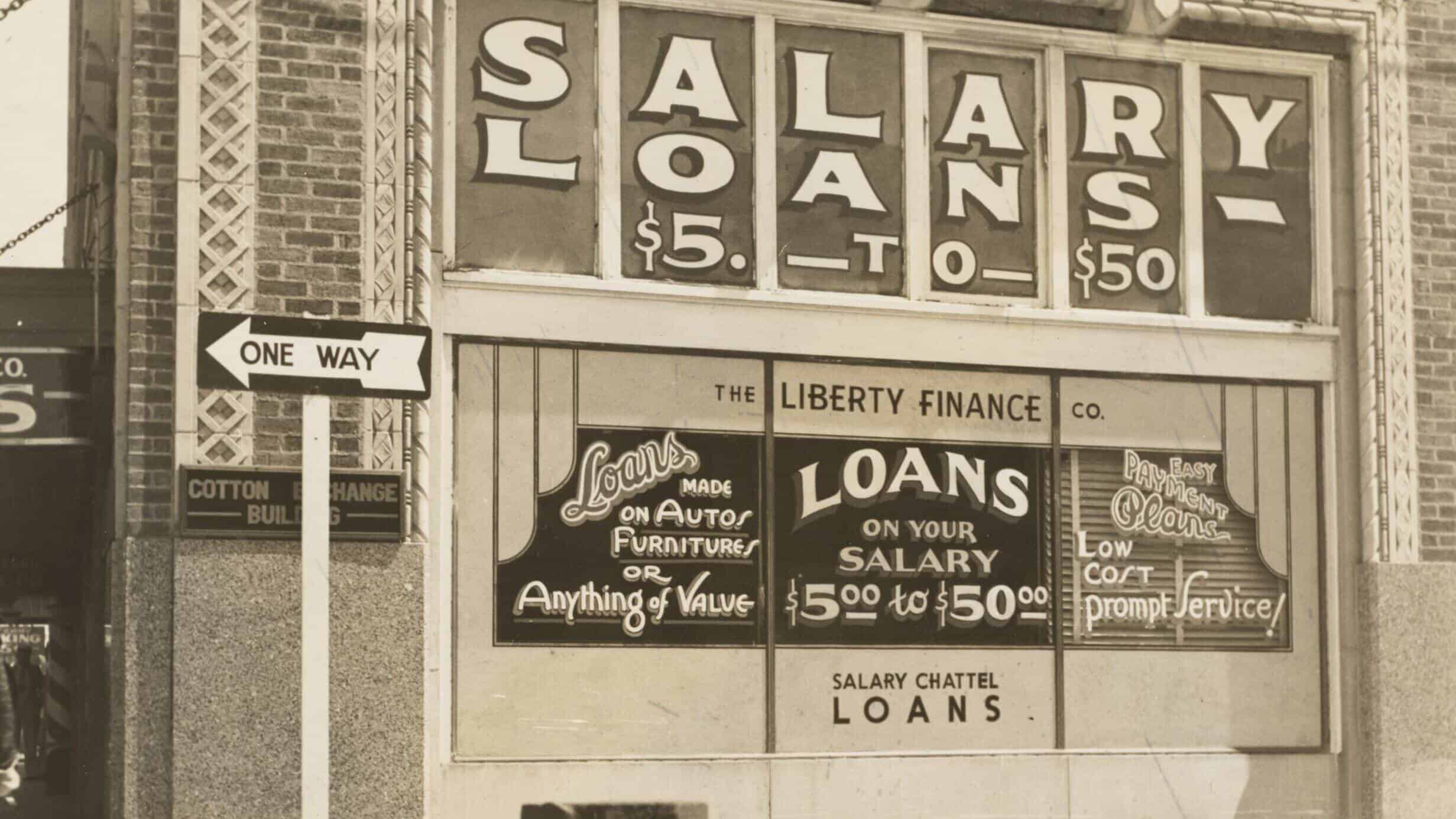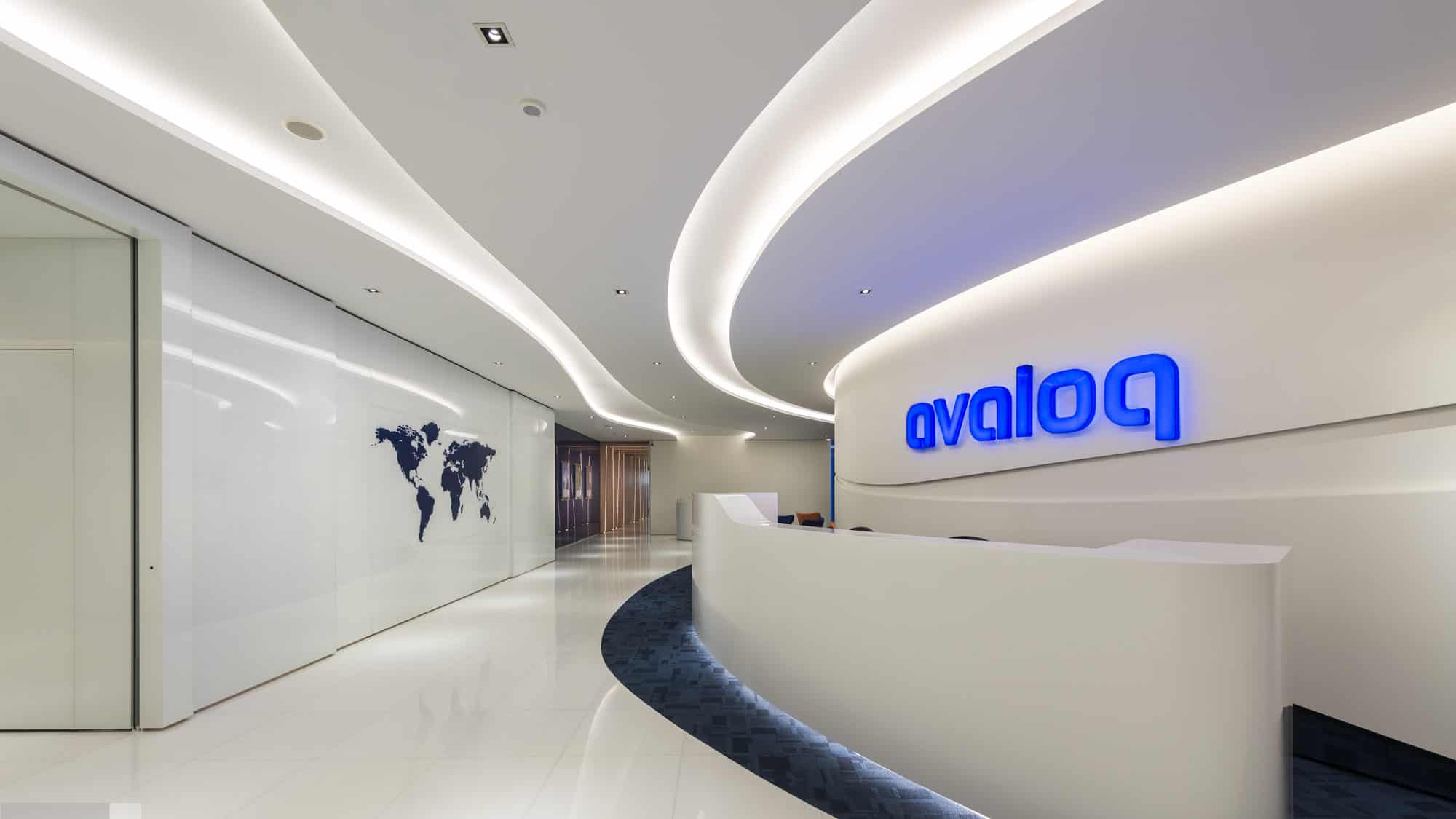How can banks integrate tokens and cryptocurrencies into their banking systems? Swiss technology company METACO was founded on that very question, and their digital asset storage system SILO provides a robust answer.

Co-founder, Metaco
Adrien Treccani is CEO and co-founder of Metaco. He has a Ph.D. in Finance from SFI Swiss Finance Institute and a M.Sc. in Financial Engineering from EPFL.
Founded in 2015 by technology and finance experts Adrien Treccani and Nicolas Dorier, METACO is a financial infrastructure provider trusted by top financial institutions to secure entry into the digital asset ecosystem.
METACO’s main product, SILO, provides banks with a platform to store, transfer, and trade digital assets while remaining fully compliant with regulations. SILO is particularly adapted to the management of cryptocurrencies such as bitcoin, or ethereum. It is also a specialized solution for the management of security tokens and their complete lifecycle. SILO provides a highly scalable infrastructure to manage wallets with programmable security models, adaptable to the bank’s business requirements.
Before coming up with SILO, Adrien and Nicolas originally focused exclusively on asset tokenization, but they soon realised there were some significant shortcomings in the institutional ecosystem. They identified the gaps that existed between the traditional banking industry and the blockchain-based technologies. Banks needed a robust, secure and highly scalable solution that looked beyond simply safekeeping to solutions that could provide a complete, integrated and secure operating system for the management of cryptocurrencies and tokens.
Realizing this was the angle they’d been searching for – integrated banking infrastructure for the management of digital assets – they created a powerhouse team of banking experts, cybersecurity specialists and blockchain gurus and got to work developing the first version of SILO.
How did you meet your co-founder and then create the right team?
Nicolas worked in my previous company which focused on retail solutions for bitcoin. He is one of the few bitcoin experts that develop and maintain the core components of the bitcoin network globally. We realized that investing in cryptocurrencies was extremely painful given the complexity of managing private keys and their security and that a large number of people, or organizations didn’t have the experience, nor the infrastructure, or even the desire, to be responsible for the whole security around their digital assets. This is how METACO was founded. Then we started building the team. We convinced the best engineers we knew from our respective networks to join METACO and help us build our product stack. We also participated in fintech events, conferences and pitches, where we met Seamus Donoghue, our VP of Business Development. From there on we had a strong engineering and sales team, which got us the credibility to raise our first round of financing in April 2018. We continued hiring to support the growing customer demand.
How did you finally come to your current focus?
We saw the lack of infrastructure providers in this sector and the growing need for security and trust. With both our experience and background, we launched the development of SILO with the aim to provide banks the infrastructure to support their transition into a digital asset offering.
Why are banks not building these solutions themselves?
The question they ask themselves is: buy or build? Banks generally do not see themselves as technology companies. If you think about their core banking infrastructure, most banks have long decided they prefer relying on third-party vendors to building their own custom system and maintaining it. With cryptos, we see the same thing. Given the fast pace of this innovative market, banks realize how complex it is to build a crypto platform, to maintain it, to make it compatible with new cryptocurrencies, and to ensure the appropriate level of security. It quickly becomes apparent that it’s much less expensive to buy than to build.
“The biggest challenge we faced was finding the right balance between high availability and high security.”
What are the challenges you’ve faced in developing SILO, both on the technical side and on the operational side in banking?
The biggest challenge we faced was finding the right balance between high availability and high security. When managing cryptocurrencies the main risk is having them stolen. To combat this, the common answer would be to disconnect them from the internet. However, by doing so you remove all notion of availability as you can no longer access your funds and exchange them in a timely manner. SILO has therefore been built with this in mind, to provide a perfect balance between high availability and high security.
Another important challenge was to make the platform natively compatible with legacy core banking systems, such that banks could use cryptocurrencies and tokens without breaking the compatibility with their systems nor having to significantly modify their internal processes. We partnered with some of the main banking infrastructure providers early on to ensure our platform would naturally complement existing systems and become a standard in banking.
Speaking of creating and storing cryptocurrencies and the upcoming trend of tokenization, if I was a skeptical bank director who believed that none of my customers needed cryptocurrencies and that digital tokenization was ten years away, how would you convince me?
Firstly, I would say that whether tokenization is ten years away or not, and even if you don’t believe in cryptocurrencies, initiatives for tokens will be increasingly relevant for banks in the short term. In an industry like banking that hasn’t changed in years, digital assets are bringing a new offering to existing customers but will also attract new customers that are looking for a trusted partner to store and manage their newfound wealth.
Secondly, many large-scale initiatives relying on tokens are being launched in 2020. Think about Libra, for instance. It is nothing more than an easier way to process payments across social network applications that are used globally on a daily basis – in the end though it is still a crypto. And in order to deal with initiatives like Libra you will need to have the appropriate crypto infrastructure. What we see in the market today is that token issuers are looking for regulated custodians able to provide them with a service that is not only safe from a technical point of view but also regulated and insured. Some banks will tell you that they don’t see much demand, while others are getting strong demand from their client base now that tokenization is becoming more and more tangible. When we look at the massive investments that key players, such as custodian banks, or market infrastructure providers, are now making in this sector, it is clear that everyone knows that tokenization is coming. The scale is difficult to establish, but this is certainly a trend that is taking hold. Every bank should be ready for it.
One figure that stuck out to me was that in 2019, hackers stole over $4.4 billion in cryptocurrencies. How does METACO and SILO make sure banks can protect crypto assets?
This goes back to what I mentioned earlier as being our biggest challenge. Generally, the safety of assets depends on two factors. One is how you manage the keys – Where do you store these keys, how can you make sure they can’t be stolen, and how you can recover the keys in case of a disaster. The other part is how you can access these keys and use them to authorize the processing of a transaction. This is not about the keys themselves, this is about the governance process under which these keys can be used.
METACO has been the earliest provider of robust institutional frameworks for governance around private keys. The security framework enables the largest financial institutions to implement their control and risk workflows directly into the hardware. Single points of process failure are eliminated. We make sure the users of our platform can implement processes requiring multiple authorizations in customizable configurations, all backed by special security hardware which guarantees a high degree of trust in both the key materials and the governance execution. The same controls can actually be used for all operations within SILO, such as for trading orders.
One other aspect of security from the end customer’s perspective is that the bank is able to insure what you do. Can you explain why this is important and what kinds of cases are insured?
What we see is that banks are trying to hedge part of their risk when they offer a service like this one. They generally want to take part of the risk on their side, because this is how they generate margins, but they don’t want all of the risk. At the same time, this is a new market, therefore insurers are not always comfortable insuring when they have not gone through a very long and painful due diligence of both the technology and the processes. What we’ve been able to achieve is to make insurance companies comfortable with our technology and willing to insure our clients and deploy the best practices that we advise. Today, any of our clients can get insurance on not only cold storage, which has been historically easy to insure, but also on warm and hot storage, where most of the risk actually lies.
What is your long-term outlook for you, METACO and your industry?
I would say the outlook is very positive. It’s mainly a question of regulation. No bank is moving until the regulator says they can and gives them the exact framework they need to comply with. Lately, the two markets that have started to boom are Germany and Singapore. The reason is not that suddenly there is a huge demand or additional demand from clients, the reason is that regulators in these different jurisdictions have clarified the framework to which banks have to comply. Southeast Asia in general is becoming a totally booming market. In Western Europe, I would say Germany is leading the market now, and Switzerland has been lagging behind in my opinion, but I suppose this will change. The US is also now waking up in particular states where they have clarified the regulatory framework.
If banks are interested in doing business with you, how can you serve them? Do you have a direct sales force that moves toward these markets, or are these markets covered by your distributors?
The sales strategy is actually simple. On the one hand, we have a direct sales force consisting of senior bankers who know the market, speak the same language and understand perfectly what we are doing and how to sell it. On the other hand, we work with distribution partners, which are already well established in the banking market and can resell our solutions. As a general strategy, METACO has been close to core banking platforms that, we think, are essential components of a solution like SILO.
Your solution is very well integrated into the Avaloq software. How much work was it to make that happen?
Many of the core banking platforms on the market are legacy technologies. They can be twenty or twenty-five years old, which means that they were not built to be easily extensible or to support the specificities of cryptocurrencies. Our aim at METACO is to get full support of digital assets within core banking platforms so that from the bank’s point of view, anything that happens on the blockchain, any transaction that is being processed, pretty much looks like a normal payment. This is a huge challenge. We have been extremely successful with Avaloq, as we launched a complete, deep integration of SILO in July 2019. Any of Avaloq’s hundreds of clients can now enable a full service for cryptos and tokens with guaranteed full compatibility. We are finalizing other such integrations to make sure any bank can benefit from a fast go-to-market with SILO, whether they rely on Avaloq or not.
It sounds like we can learn a lot from blockchain and cryptos, as opposed to having to always integrate them into older systems. What can blockchain add to existing banking procedures?
I think this is a good comment and question for companies that are more agile. If you think about the new banks such as Sygnum, which is one of our clients and a new innovative crypto bank, they can essentially leverage the benefits of blockchain to have more transparency and better accountability. The sad truth is that for traditional banks, which form the largest part of the market, we can’t just ask them to adapt. Adaptation takes time. Whatever it is, it has to fit as much as possible into their existing processes. Although it’s true that blockchain has a lot to bring in terms of transparency, when we are dealing with cryptocurrencies in the banking context we have to make them look as much as possible like normal currencies and securities. We have multiple tier 1 banks relying on SILO today, so we’ve had a good chance to look at what it means to integrate into these environments.
Written by
WITH US, YOU CANCO-INVEST IN DEEP TECH STARTUPS

Verve's investor network
With annual investments of EUR 60-70 mio, we belong to the top 10% most active startup investors in Europe. We therefore get you into competitive financing rounds alongside other world-class venture capital funds.
We empower you to build your individual portfolio.
More News
17.03.2022
“Women need to be empowered to try startup investing”
As General Counsel, Odile Gastaldo was part of the core team that built up French telecom provider Neuf Cegetel from scratch to one of Europe’s biggest IPOs in 2006. She loves investing in startups and says women can overcome their self-doubt when it comes to investing.
10.05.2021
“Fixed income investors don’t have attractive alternatives”
Gabriella Kindert is an expert in private debt markets and has managed billions. In this interview, the board member of EstateGuru encourages investors to try out lending platforms and explains how they can scale without ignoring the risks associated with growth.
10.09.2019
“Banks want to be prepared for the coming wave of tokenization”
Avaloq has just signed a partnership with the startup AlgoTrader. In this interview, Martin Greweldinger, Avaloq’s Chief Product Officer, explains the relevance of this partnership. He also talks about the reason why banks want to offer their clients the possibility to trade blockchain-based products such as tokens and cryptocurrencies.
Startups,Innovation andVenture Capital
Sign up to receive our weekly newsletter and learn about investing in technologies that are changing the world.




